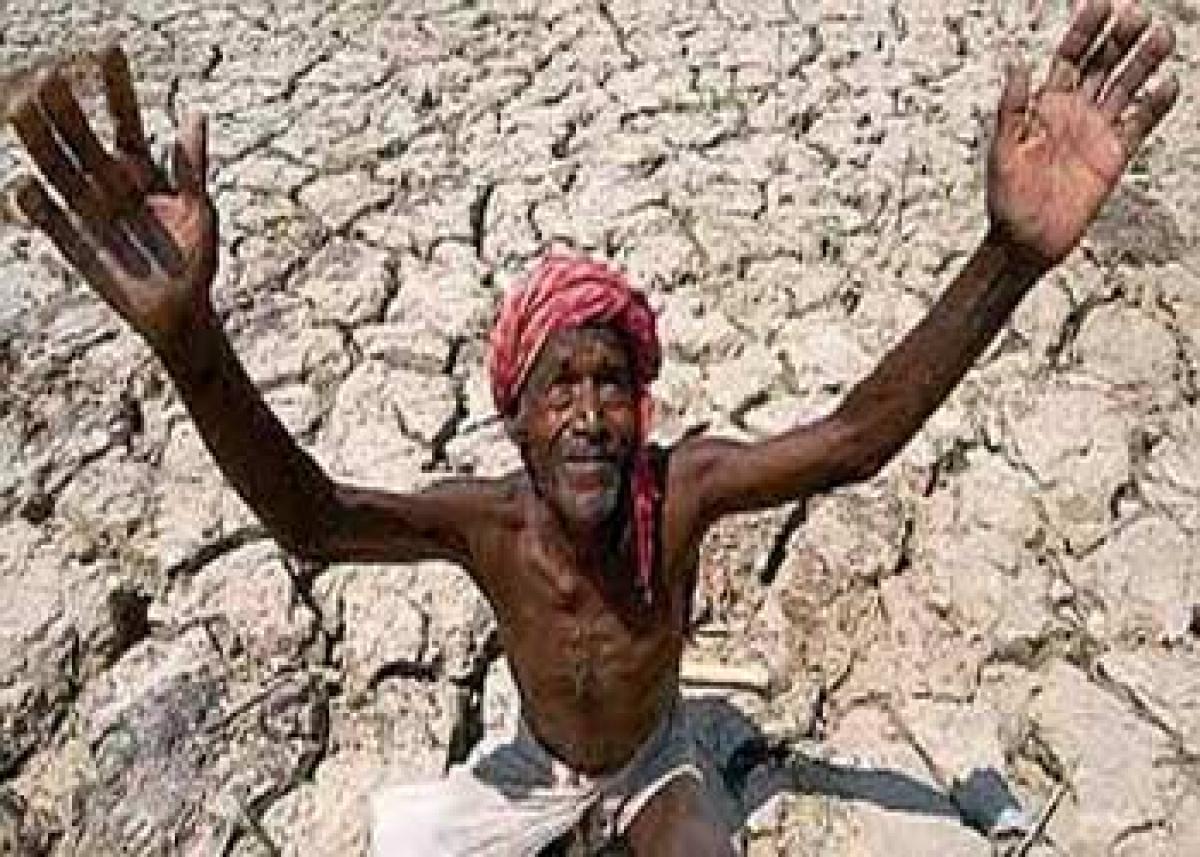Live
- Telangana Film Chamber of Commerce Donates ₹15 Lakhs to Flood Relief Efforts
- Officials and Leaders Enjoy AC Rooms, While students Suffer in Dangerous Classrooms
- Sindhu strengthens her coaching team with addition of South Korean legend Lee Hyun-Il.
- Rebellion & factionalism won’t be tolerated, work with MahaYuti: Amit Shah to BJP workers
- Nadigadda's Transformation Achievable Through Student Unions
- Municipality Chairman in West Bengal removed for indulging in corruption amounting to Rs 120 crore
- Uganda to immunize 2.7 million children against polio
- MUDA case: Explainer and timeline
- China’s desperation to save its demographic crisis
- Kiran Abbavaram’s KA: A Period Thriller Completes Shoot
Just In

RBI cautious despite pressure for rate cuts. Though the Reserve Bank of India (RBI) is expected to cut interest rates next week by a quarter percent to a four-year low, officials say concerns over prices make it likely to resist political pressure for significant easing in the coming months.
.jpg) Mumbai: Though the Reserve Bank of India (RBI) is expected to cut interest rates next week by a quarter percent to a four-year low, officials say concerns over prices make it likely to resist political pressure for significant easing in the coming months.
Mumbai: Though the Reserve Bank of India (RBI) is expected to cut interest rates next week by a quarter percent to a four-year low, officials say concerns over prices make it likely to resist political pressure for significant easing in the coming months.
In growing contrast with the government, which is desperate to accelerate a sluggish recovery, an increasingly independent RBI under governor Raghuram Rajan remains focused on a long-term inflation target of 4 per cent and ending decades of damaging price volatility.
"The inflation outlook is still uncertain, and that is why the Governor wants to be cautious," said one official familiar with the RBI's thinking. "It makes sense to wait and watch how sustainable the fall in inflation will be."
Headline inflation has dipped due to lower commodity prices, but the officials said the RBI was concerned that any spike in food prices due to weak monsoon rains or in crude oil would push up prices and expectations of future rises.
For Rajan, who said last week he intended to control inflation "not just today, but well into the future", it is also about learning the lessons of a boom-and-bust past.
Rajan's predecessor, Duvvuri Subbarao, cut interest rates in response to the global financial crisis to 4.75 per cent by April 2009, from 9 per cent in July 2008. That cut fuelled double-digit inflation and eventually forced the RBI into reverse, raising rates back to 8.5 percent by October 2011.
A Prasanna, an economist at ICICI Securities Primary Dealership, says: "Rajan wants inflation to be low and stable for a sustainable period. You can be a proactive central bank only after anchoring inflation expectations."
India's inflation has long been difficult to predict, given it is heavily influenced by volatile food and crude prices. To combat that, Rajan formally adopted inflation targeting earlier this year, in the biggest monetary policy overhaul in decades.
But his caution is frustrating Delhi and corporate India, which say the 7.25 per cent rate at which the RBI lends to commercial banks is too high for a recovering economy.
Taking into account consumer inflation, India's real interest rates were 3.59 per cent in August, the second highest month on record after the 3.79 per cent in November 2014, according to Thomson Reuters calculations.
At the wholesale price inflation level, real interest rates are even higher, hitting a record 12.2 per cent in August. High effective interest rates drag on GDP growth, which is seen at the lower end of a government target of 8.1 per cent to 8.5 percent for the current financial year.
The Indian government's chief economic adviser, Arvind Subramanian, told Reuters the economy would hit that target, even if a tougher global environment will weigh. "Monetary policy will ease in line with ... inflation," he added. "We have had three cuts, the year is not over, so that still holds."
Headline inflation has dipped due to lower commodity prices, but it is said that the RBI is concerned that any spike in food prices due to weak monsoon rains or in crude oil would push up prices and expectations of future rises
By Suvashree Choudhury

© 2024 Hyderabad Media House Limited/The Hans India. All rights reserved. Powered by hocalwire.com







